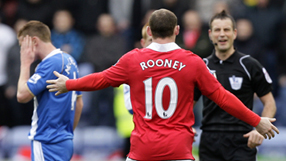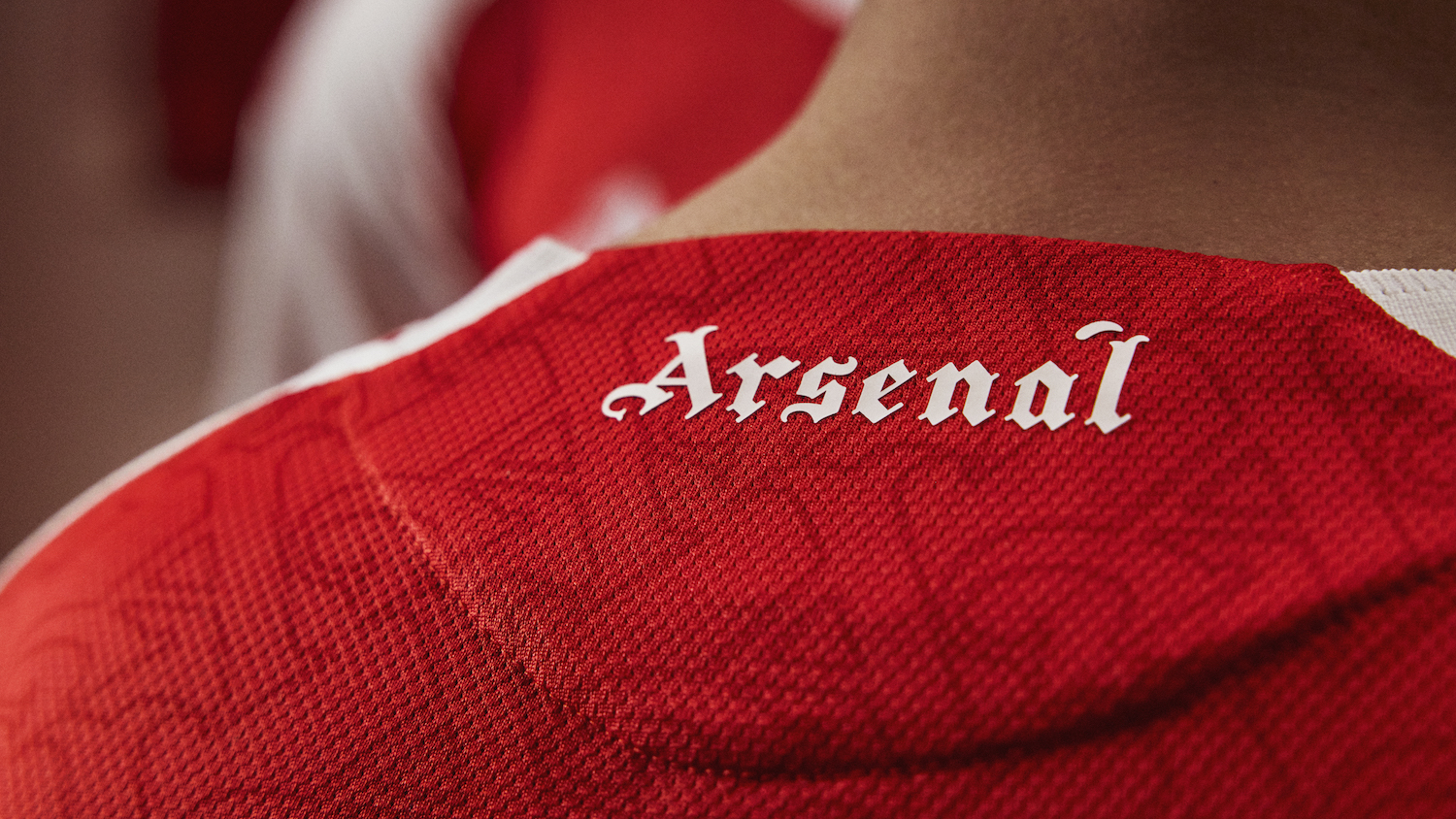
The FA said it could not retrospectively take action against Rooney for elbowing Wigan Athletic's James McCarthy in the back of the head in a Premier League match because, under FIFA rules, as referee Mark Clattenburg had already given a foul against the England man for obstruction, they could take no further action.
However, Blatter told a news conference after a meeting of the International Football Association Board (IFAB): "This is up to the discretion of the national association.
"They can use video evidence in the discipline and control committee.
"They can impose or change a decision if a red or yellow card has been given to the wrong player. If there's violence the national association can intervene and punish a player - this is permitted at the discretion of the national association."
The FA were roundly criticised for taking no action against Rooney and their decision not to take any measures meant he was free to play in United's match against champions Chelsea at on Tuesday when he scored the opening goal, although United eventually lost 2-1.
FA chairman David Bernstein, who was sitting next to Blatter at the news conference, said he was convinced the FA had done the right thing.
Bernstein added: "In the Wayne Rooney situation, under FIFA regulations if the referee sees the incident, which in this case he did do, the FA has no authority except in what is called exceptional circumstances, really exceptional - the Ben Thatcher incident is the only one where that has been used.
The best features, fun and footballing quizzes, straight to your inbox every week.
"If you open the door to 'halfway exceptional' the floodgates will open.
"I think that has more merit than meets the eye, the basis of the primacy of the referee staying in place has some merit even though that will upset fans sometimes and quite understandably."
Bernstein added: "If the referee states he has seen the incident, the FA is not able to make decisions except in exceptional circumstances."
The most famous case of "exceptional circumstances" in the Premier League was when former Manchester City defender Ben Thatcher received an eight-match suspension after he led with an elbow and fractured the skull of Portsmouth midfielder Pedro Mendes in 2006.
The Portuguese was sent flying into a pitchside advertising boarding and needed oxygen. Greater Manchester Police made public later they would have opened an inquiry into the incident if the FA had not taken action.
FIFA's rule 77 covers "sanctioning serious infringements which have escaped the match officials' attention" and national associations can rectify "obvious errors" in the referee's disciplinary decisions.
Meanwhile, Blatter called on managers to show more respect to referees after he was asked about Manchester United boss Sir Alex Ferguson questioning the integrity of official Martin Atkinson following the match at Chelsea when Atkinson made a number of controversial decisions.
Blatter said: "Everyone deserves fair play. Respect starts with self-discipline. This is what we are asking everywhere, from youth teams upwards and it is also valid for personalities.
 Join The Club
Join The Club





